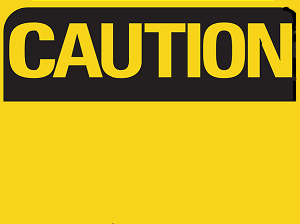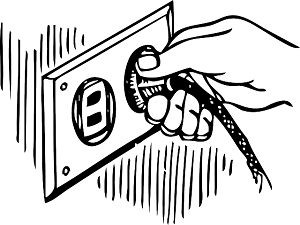Infamous “Cryptolocker” Virus Returns with a Vengeance as “Cryptowall”
Posted by aonenetworks On June 19, 2014 Cryptolocker cost thousands of people millions of dollars before antivirus software finally began to eliminate the number of attacks. Weeks after Cryptolocker began to lose a grip on the digital threat world, Cryptowall hit the streets.
Cryptolocker cost thousands of people millions of dollars before antivirus software finally began to eliminate the number of attacks. Weeks after Cryptolocker began to lose a grip on the digital threat world, Cryptowall hit the streets.
If you didn’t get to meet Cryptolocker proper, consider yourself lucky; the only thing you could do was completely delete the encrypted files on your computer or pay an outlandish fee of $300 to have the host hackers unlock them for you. Cryptolocker took no hostages; even backup files and partitions did not stop the virus from encrypting your files, business and personal ones alike.
Cryptowall has now taken over the space that Cryptolocker once filled and comes via email. An email comes to your inbox saying that you have a fax and you need to click the link in the email to retrieve it. Since many businesses now use “email fax” as a form of communication, this does not seem so out of place for many. When you clink the link, Cryptowall is installed on your computer. The once $300 ransom has now gone to $500, and $1,000 if you wait more than 48 hours to pay.
The most recent and largest example of Cryptowall’s damage is the hit that Durham Police Department took. It took days and many experts to recover all of the data without paying Cryptowall’s fees. Experts that visited the scene confirmed the fake fax email was the culprit.
The most effective way to make sure your computer does not become infected is to check email attachments closely. It has become incredibly easy to create a fake email that looks exactly like the real thing. Check ALL links, including ones that look familiar, such as ones sent from the Dropbox application. Hackers will go to great lengths to make a few dollars.
Question all of your attachments
Before you click on a link, regardless of who it’s coming from, make sure you hover over the link to see if the URL is the same as said link. For example, make sure if an email says “click here to retrieve your fax” that you verify, by hovering, that the link takes you to the fax service you know you use. Or, when it doubt, simply leave the link alone and visit the fax service website yourself.
Update your Firewall and Antivirus
Unfortunately, not all antivirus programs and firewalls will stop you from clicking a false link in an email. However, as Cryptowall becomes more well known, it is likely patches will become available to at least hinder the problem. Make sure you update immediately.
While there’s no sure-fire way to guarantee you will not encounter Cryptowall, good judgment and caution will get you a long way towards keeping your files safe.





